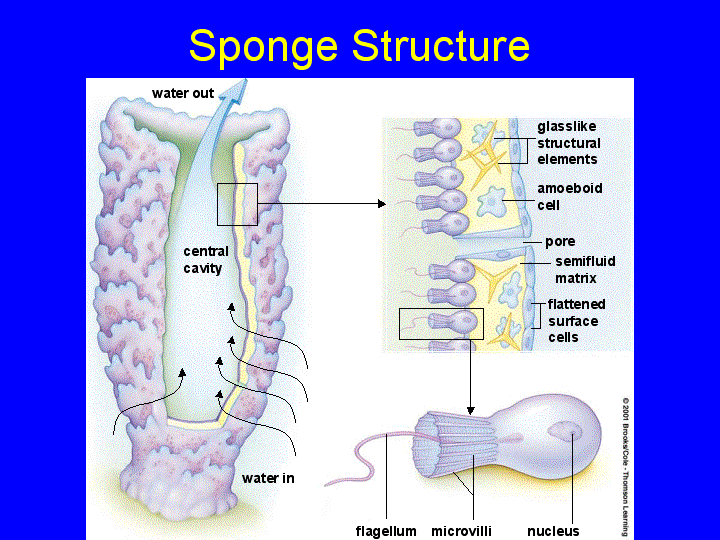The sponge does not have a complex digestive system, respiratory system, circulatory system, or nervous system. Their food is trapped as water passes through the pits and through the pits.
Why doesn't the sponge have a complete digestive system?
The sponge, which lacks the true digestive system, relies on the intracellular digestive process of the choanocytes for energy intake. The limitation of this type of digestion is that the food particles must be smaller than the individual cells.
Does the sponge have a real organ?
Unlike protozoa, sponges are multicellular. However, unlike higher metazoans, the cells that make up the sponge are not organized into tissues. Therefore, the sponge lacks true tissue and organs. Moreover, they have no body symmetry. However, sponges have special cells that perform certain functions.
What kind of digestive tract does a sponge have?
The sponge has no tissues, organs, or organ system. Therefore, it lacks the digestive system like other complex animals. Small food particles are absorbed and digested inside the cell.
Which of the following is correct for sponges?
The correct thing about sponges is: c) The sponge has no real tissue. Sponge is a very primitive organism made of cells, but those cells.

Below you will find two helpful answers on a similar topic. 👇
Why is blood pressure higher in the arteries than the veins?Which blood vessel has the highest blood pressure and why?
